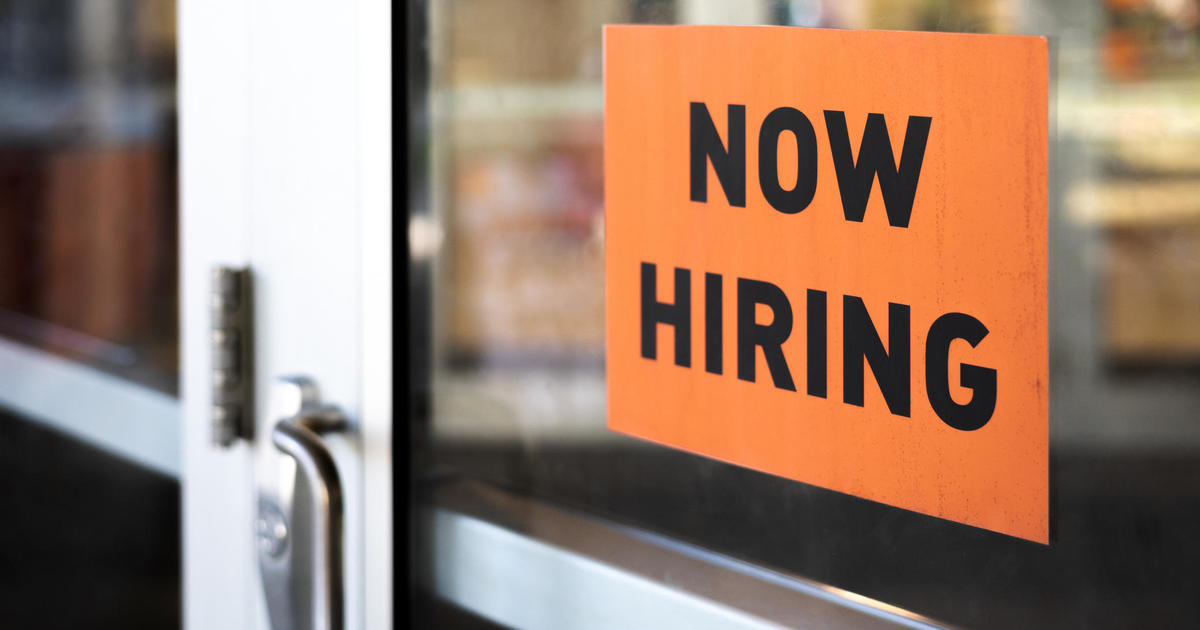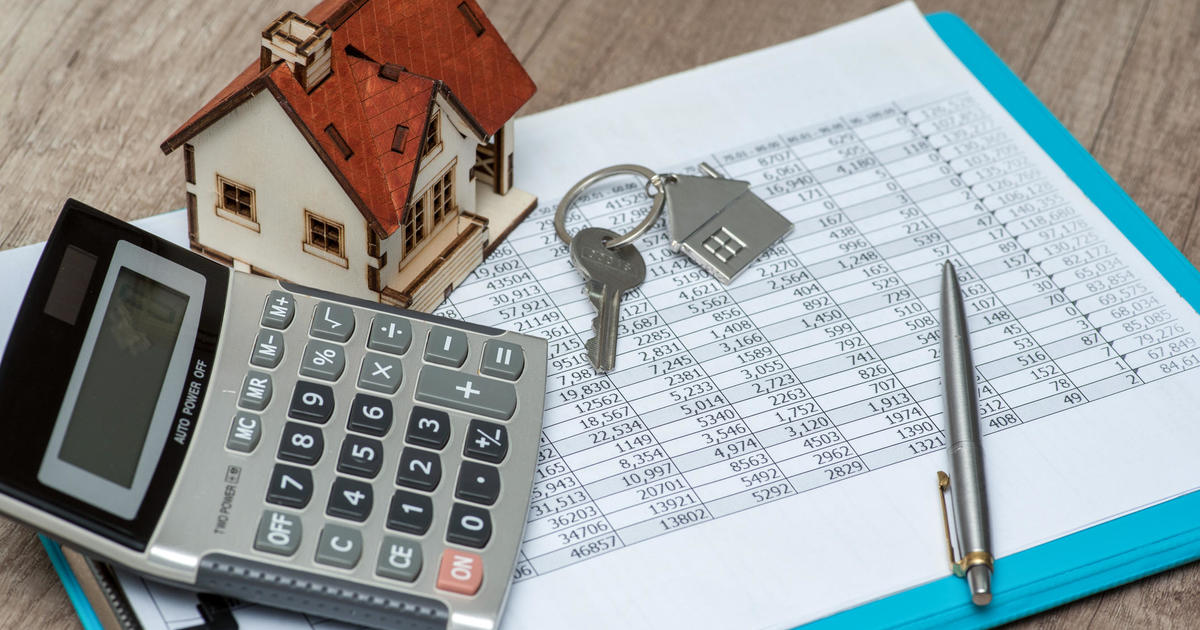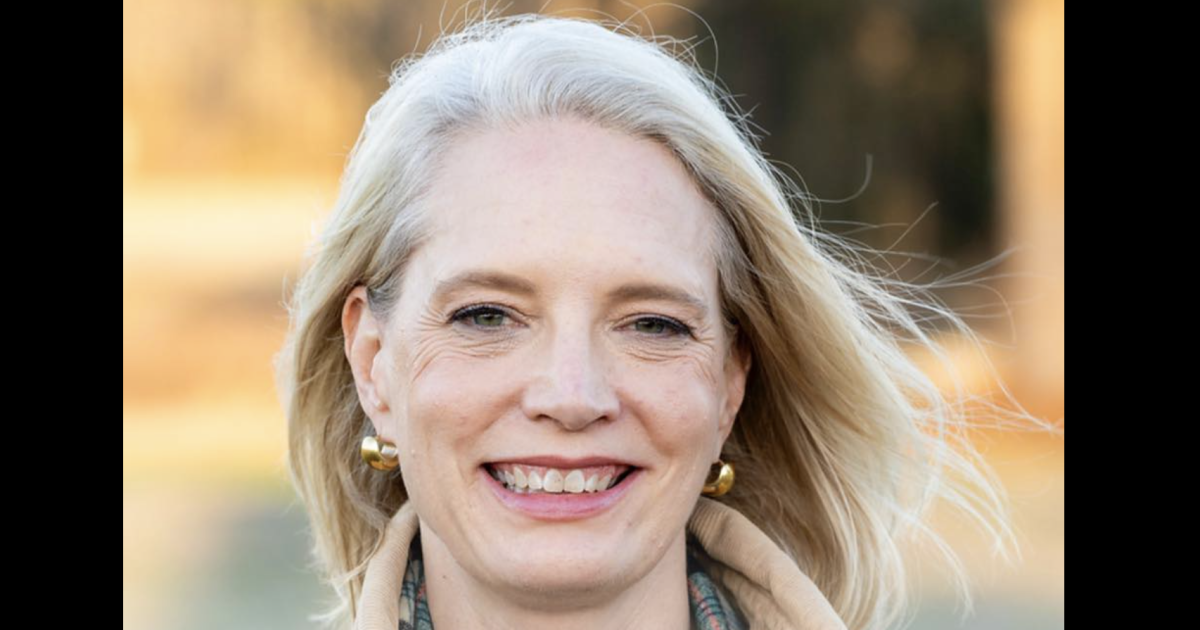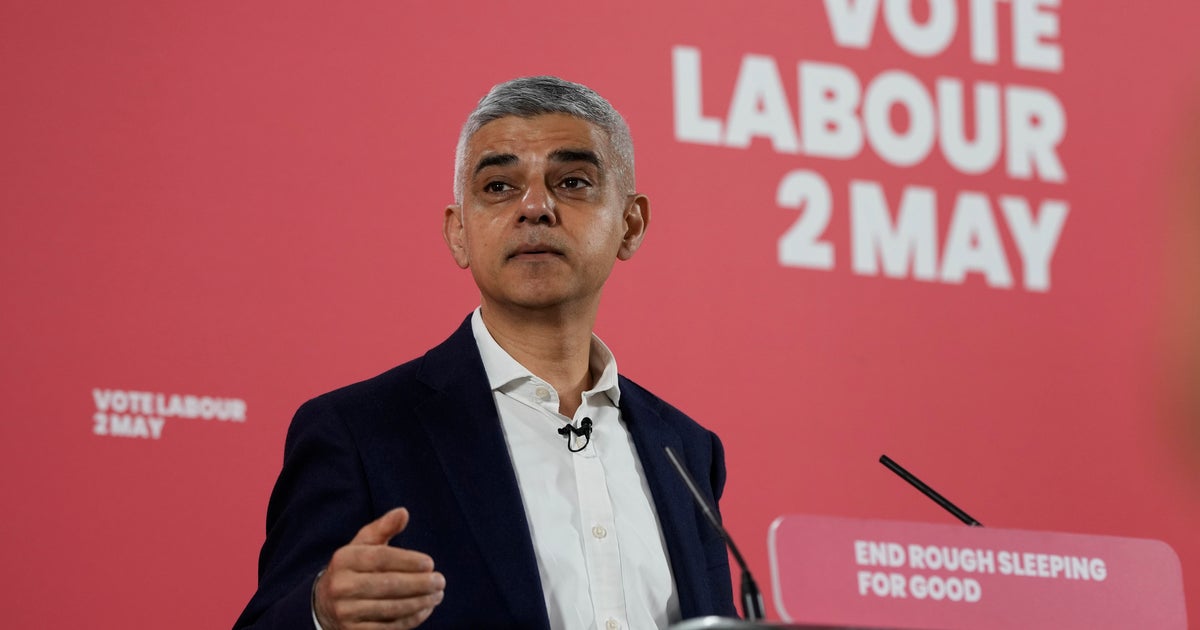Dow dives more than 2,300 points after stock trading halted
Stocks suffered a second straight day of punishing losses, briefly shutting down markets amid growing concerns about the economic impact of the coronavirus. The Dow closed down 2,353 points, a 10% loss for the day. That marked the biggest single-day percentage decline for the index since the infamous "Black Monday" crash on October 10, 1987, when stocks tumbled 23%.
Investor were pummeled early on Thursday when the S&P 500 fell 8% only minutes after markets opened, temporarily halting activity. The index has three "circuit breakers" that kick in when stocks decline by 7%, 13% or 20% in a single trading session. It's the second trading halt this week, following a rout on Monday. The measures were first adopted after the 1987 crash, and until this week hadn't been tripped since 1997.
"We're starting to get a sense of how dire the impact on the economy is going to be," said Liz Ann Sonders, chief investment strategist at Charles Schwab, alluding to efforts to contain the virus. "Each day the news doesn't get better, it gets worse. It's now has hit Main Street to a more significant degree."
Although stocks briefly revived in the afternoon when the Federal Reserve Bank of New York moved to provide more short-term funding to lenders, markets quickly thudded lower. The S&P 500 and tech-heavy Nasdaq both fell more than 9%.
Both the Dow and S&P 500 are now in a "bear" market, meaning both indexes have fallen more than 20% below their peak last month. That has brought the record-long bull run that started in 2009 after the Great Recession to a screeching halt.
The plunge also suggests investors found little comfort in President Donald Trump's pledge in a Wednesday night speech to offer help to businesses and consumers, according to Oxford Economics chief U.S. economist Gregory Daco.
"Markets reacted negatively to what was perceived as a solemn but confused speech that placed blame on other nations, omitted to focus on immediate actions to relieve the most affected individuals, and lacked in concrete fiscal and health measures to address the economic and financial impact of the virus," he told investors in a research note.
The ban on travel from Europe to the U.S. for the next 30 days will deliver a "massive hit" to the travel and tourism industries in the U.S., Daco said. About 10 million visitors come from Europe to visit the U.S. each month.
Travel stocks fell sharply on Thursday, with American Airlines tumbling 17%, Delta shedding 21% and United Airlines sliding 25%. Hotel chain Marriott declined 6%, while travel-booking site Expedia lost 15%.
Tax filing delay
Mr. Trump's fiscal approach to blunting the impact of the coronavirus is also raising questions on Wall Street. Part of his plan is a recommendation that the Treasury delay the April 15 tax filing deadline, which would provide relief to taxpayers who owe the IRS.
A tax deadline delay may not help the workers who most need relief, given that taxpayers who typically owe the IRS are higher-income households, Daco pointed out. About 80% of taxes owed to the IRS stem from workers who earn more than $100,000 per year, while 50% are owed by people who earn more than $250,000.
There's also concern that a delay in the April 15 tax deadline could result in a delay in tax refunds, which many low- and middle-income taxpayers count on, according to Height Securities.
"There is a concern among tax policy experts we have spoken with that a delay in tax filings could also delay the issuance of tax refund checks, which represent a significant source of income for many Americans," Height Securities noted.
Mr. Trump's measures failed to mention some of the remedies that investors believe could provide targeted relief to those most hurt by the disease, Daco said.
"Financial markets were disappointed by the absence of concrete measures targeted at the most affected populations including paid sick leave, enhanced unemployment insurance, free coronavirus testing, enhanced supplemental assistance programs, and support for health care workers," he noted.
The Associated Press contributed to this report.



